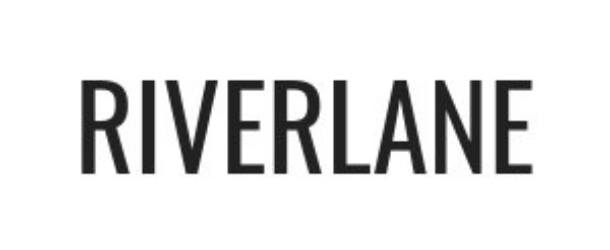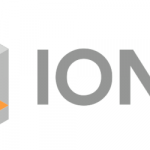Riverlane: UK Consortium Develops New Hardware Abstraction Layer to Facilitate Collaboration Across the Quantum Computing Industry

(HPCWire) A consortium led by Cambridge-based quantum computing software company Riverlane and the National Physical Laboratory (NPL) has developed an open-source hardware abstraction layer (HAL) that makes software portable across different quantum computing hardware platforms.
The HAL is designed to be portable across four leading qubit technologies: superconducting qubits, trapped-ion qubits, photonic systems and silicon-based qubits. It will allow high-level quantum computer users, such as application developers, platform and system software engineers, and cross-platform software architects, to write programs for quantum computers portable to these four qubit technologies while maximizing performance.
Devising the HAL required collaboration between a large number of players in the UK quantum ecosystem, which were brought together by a £7.6M project funded by the UK government’s Industrial Challenge Strategy Fund. Alongside Riverlane and NPL, the consortium includes the UK’s quantum hardware companies, SeeQC, Hitachi Europe, Universal Quantum, Duality Quantum Photonics, Oxford Ionics, and Oxford Quantum Circuits, as well as UK-based chip designer, ARM.
The aim is for quantum computer users to be able to implement applications that require the fastest classical/quantum interaction. Previous high-level HALs do not support these types of applications, particularly not across very different qubit types. The consortium’s new, multi-level HAL goes deep into the quantum computing stack, allowing users to take advantage of advanced hardware capabilities for improved performance. This means a developer can focus on the algorithm, rather than the hardware specific implementation, and that the algorithm is portable across different quantum technologies. In the future, the HAL will also provide support for advanced features, such as compiler optimisations, measurement-based control, and error correction.
The HAL will form the backbone of Riverlane’s highly innovative quantum operating system, Deltaflow.OS. Dr Leonie Mueck, Chief Product Officer of Riverlane, said: “There are many different evolving systems in the quantum ecosystem and we need an interface that is independent of the hardware to make programs portable. We are therefore delighted to have reached this important milestone. Our HAL effectively allows programmers to ‘write once, run anywhere’, ensuring the widest possible use of our consortium’s technologies and opening up the ecosystem to new players, generating additional commercial opportunities.”



















